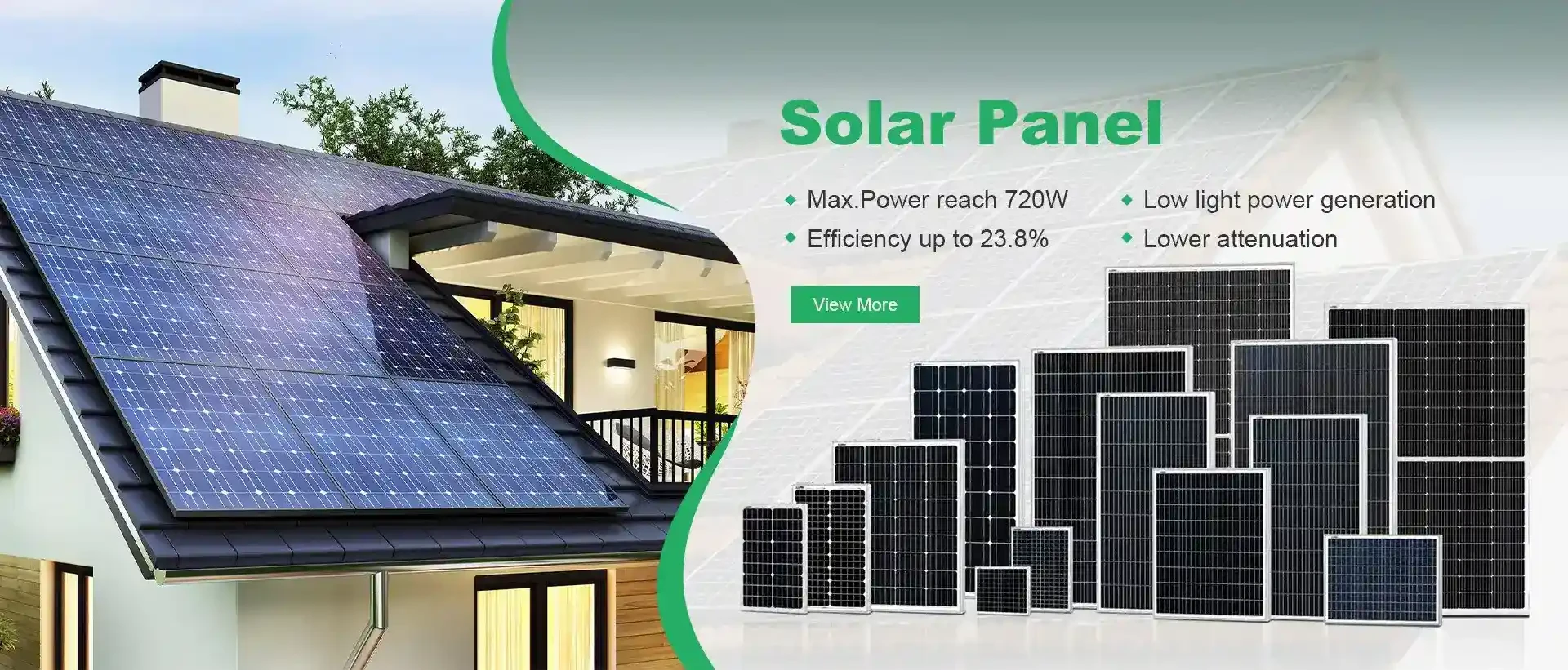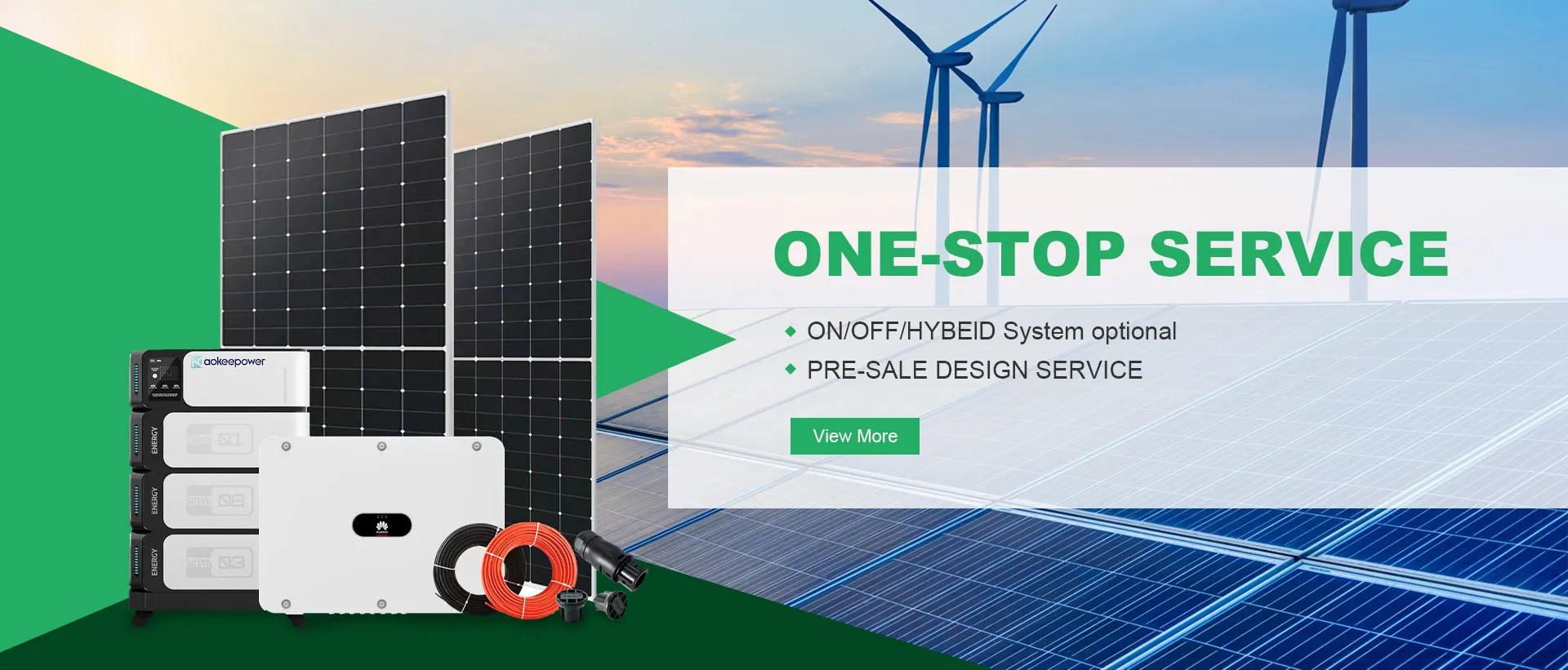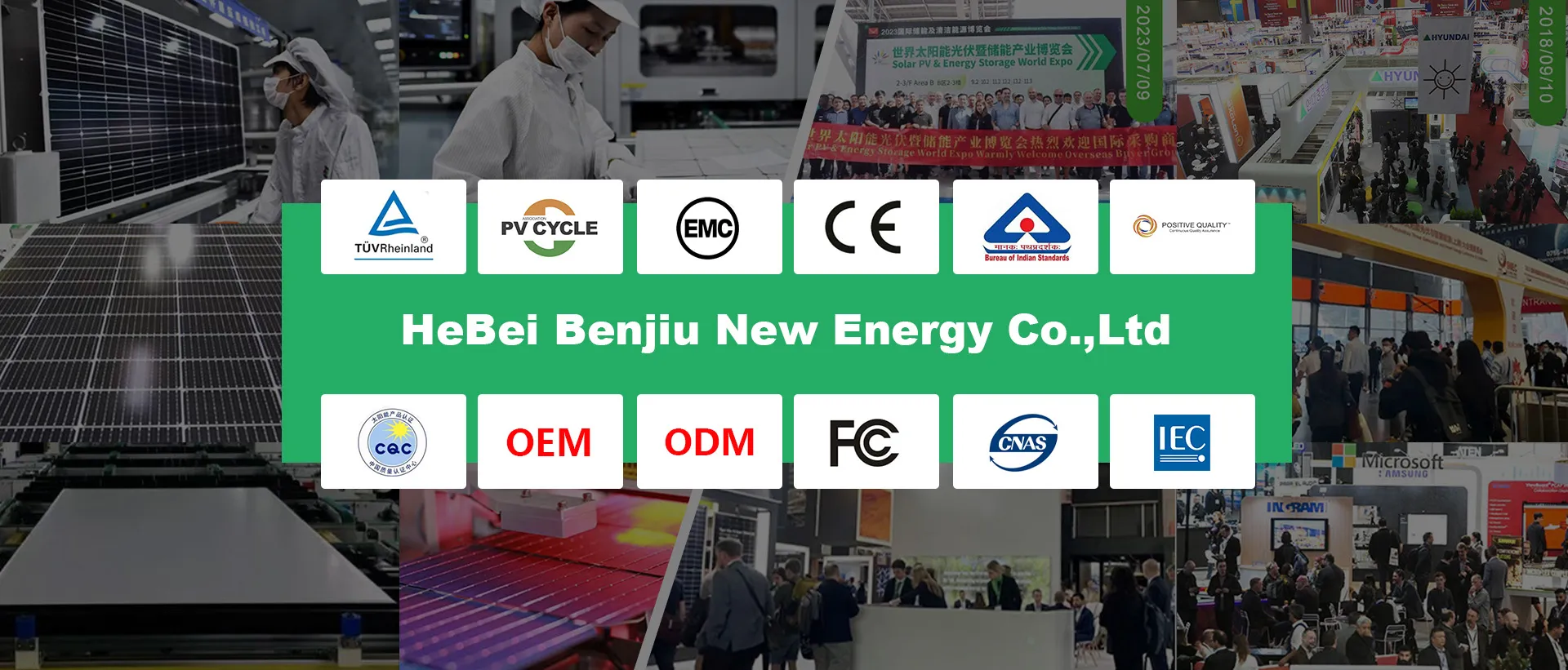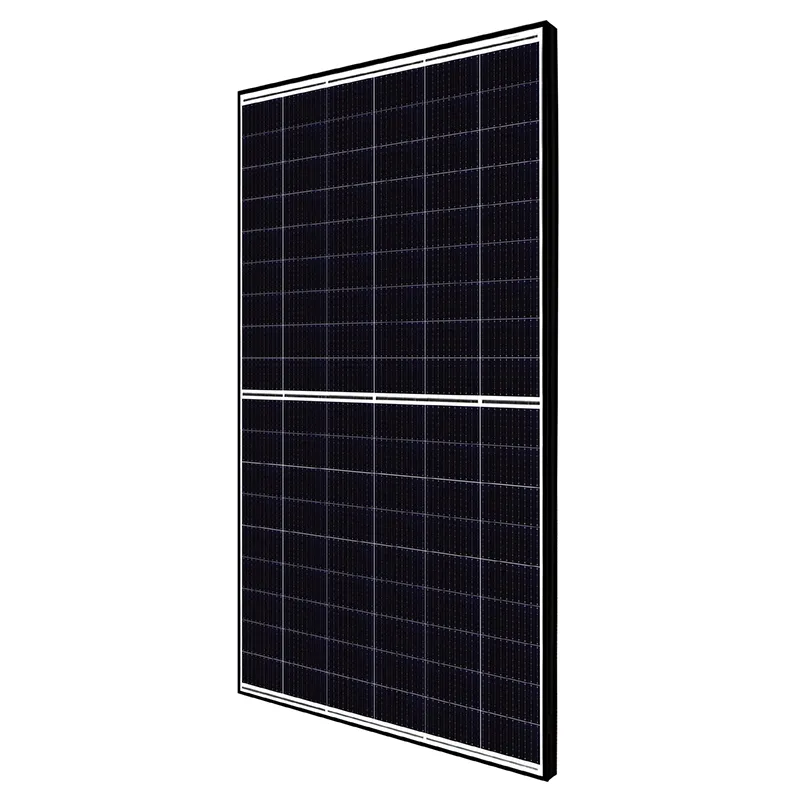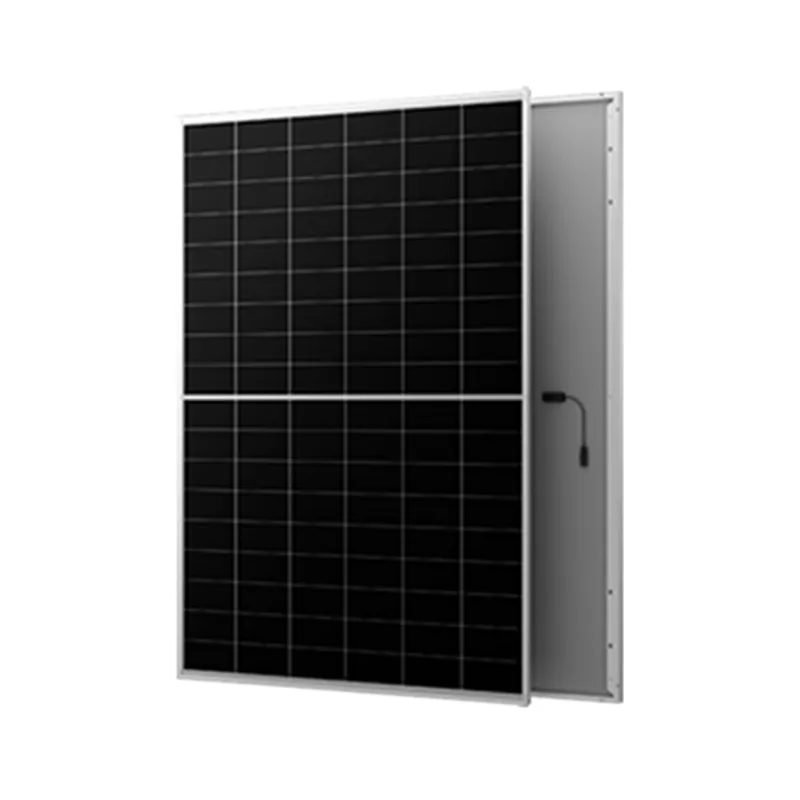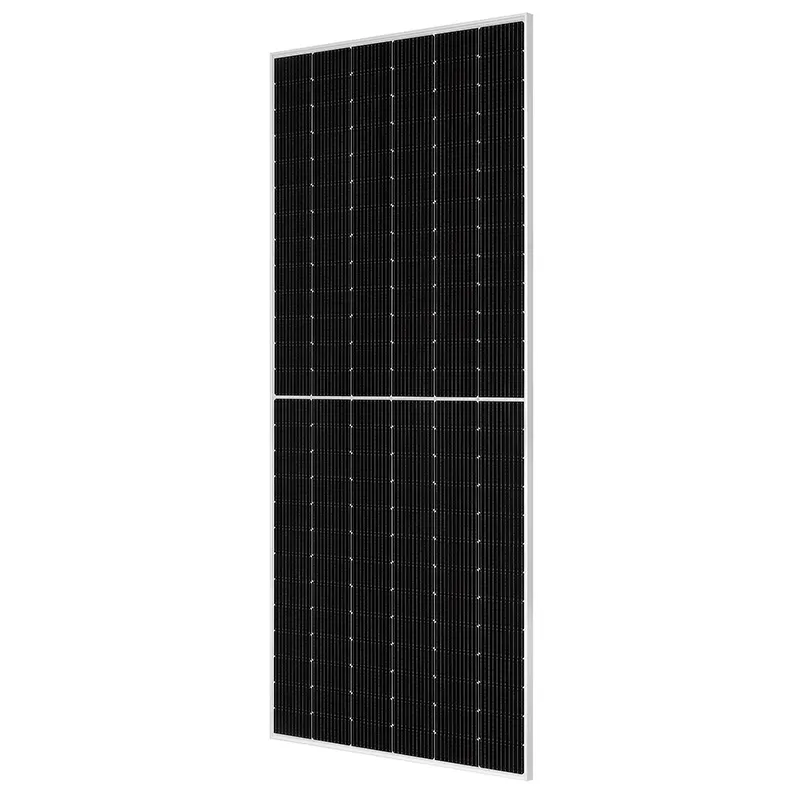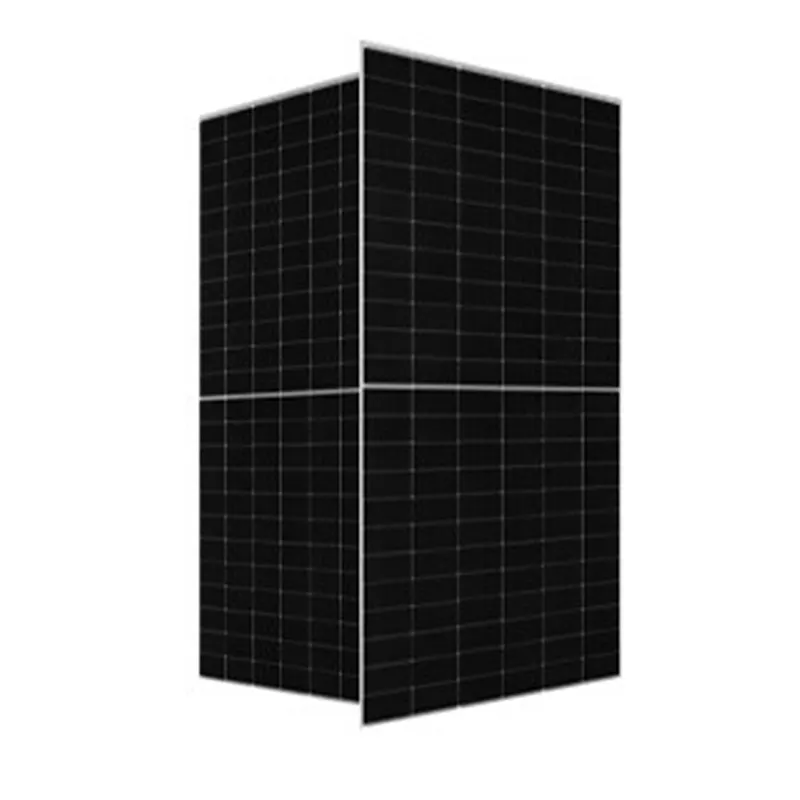A solar panel is used to convert sunlight into electricity, providing a clean and renewable energy source for various applications. Whether it's powering homes, businesses, or even spacecraft, solar panels harness the sun's energy through photovoltaic cells, reducing reliance on traditional fossil fuels and lowering carbon emissions. This sustainable energy solution is increasingly popular for its environmental benefits and long-term cost savings, making it an essential component of the transition to a more sustainable energy future.
Which Type Of Solar Panel Is Best?
The best type of solar panel depends on various factors such as efficiency, cost, and space availability. Monocrystalline solar panels are known for their high efficiency and sleek appearance, making them a popular choice for residential installations where space is limited. They are also durable and have a long lifespan. Polycrystalline solar panels, on the other hand, are more cost-effective and suitable for larger installations where space is not a constraint. They are a good option for those looking for a balance between efficiency and cost. Thin-film solar panels are lightweight and flexible, making them ideal for applications where traditional rigid panels are not feasible, such as on curved surfaces or in portable solar products. They are less efficient but can be a good choice for specific installation requirements. Ultimately, the best type of solar panel is the one that aligns with the user's specific needs, budget, and space constraints, and it's important to consider these factors when choosing the most suitable option.
How Many Solar Panels Do You Need To Run A House?
The number of solar panels needed to power a house depends on several factors, including the household's energy consumption, the size and efficiency of the solar panels, and the amount of sunlight the location receives. On average, a typical American home might need anywhere from 20 to 30 solar panels to cover its energy needs. However, this can vary widely based on factors such as the home's size, energy efficiency, and geographic location. To determine the exact number of panels required, it's essential to consider the household's energy usage patterns, the available roof or ground space for installation, and the specific solar panel technology being used. Additionally, factors such as the orientation and tilt of the solar panels, as well as any potential shading from nearby trees or buildings, can also impact the number of panels needed. Consulting with a professional solar installer can help homeowners accurately assess their energy needs and determine the optimal number of solar panels for their specific situation.

